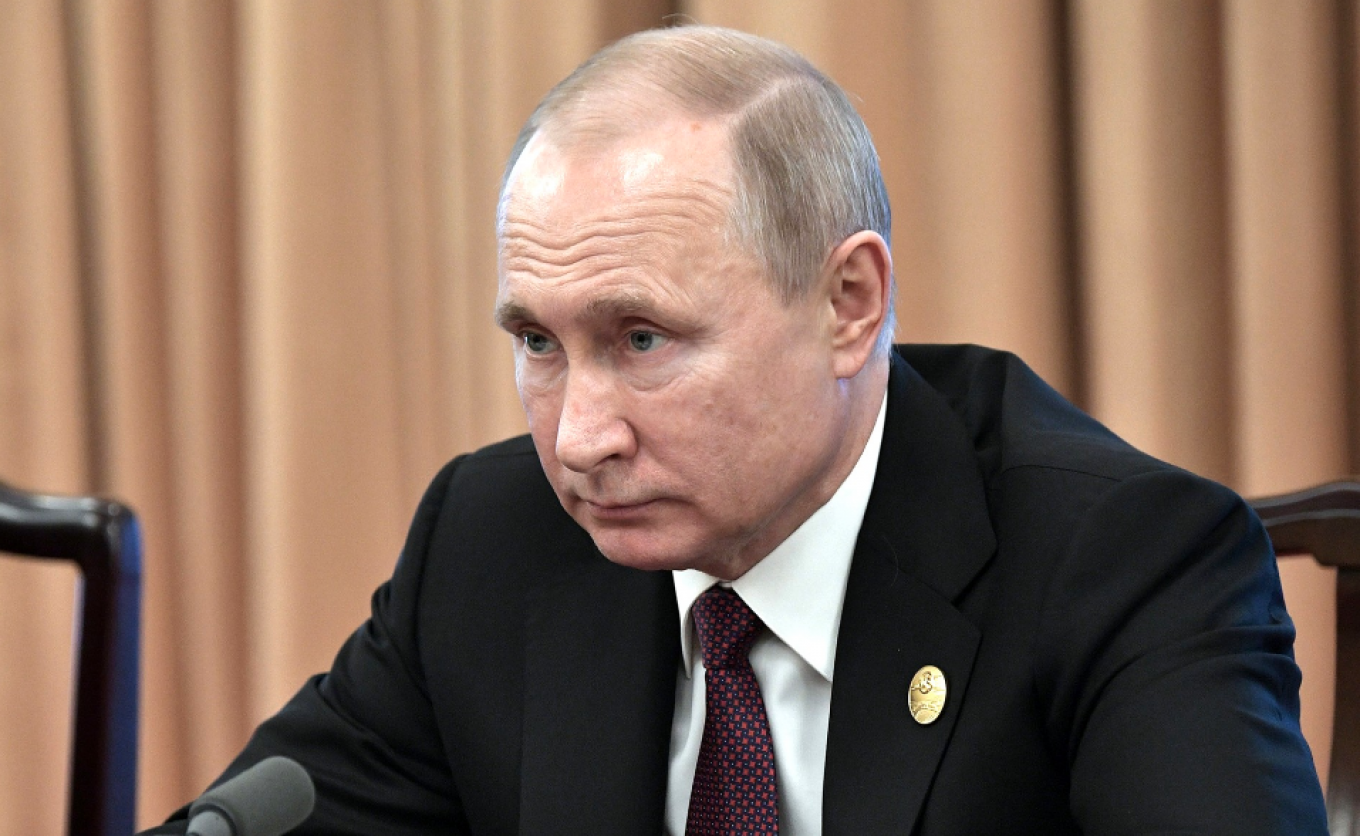
President Vladimir Putin on Wednesday signed a bill that seeks to establish Russia’s “internet sovereignty” into law.
Deputies first submitted the measures to tighten state control over the internet in December, citing the need to respond to an “aggressive” U.S. national cybersecurity strategy. It has drawn fierce criticism from civil society groups over fears that it would lead Russia to follow China’s example in establishing an isolated internet landscape.
The law will seek to create an alternative domain name system (DNS) to protect the Russian-language section of the internet in case it is disconnected from the World Wide Web. So far, no country has ever been deliberately disconnected from the internet.
Although Russia’s state media regulator and major tech firms backed the steps to unplug from foreign servers, experts criticized the bill as being too vague and impossible to implement.
A recent state-run poll found that 52 percent of Russians oppose the bill.
